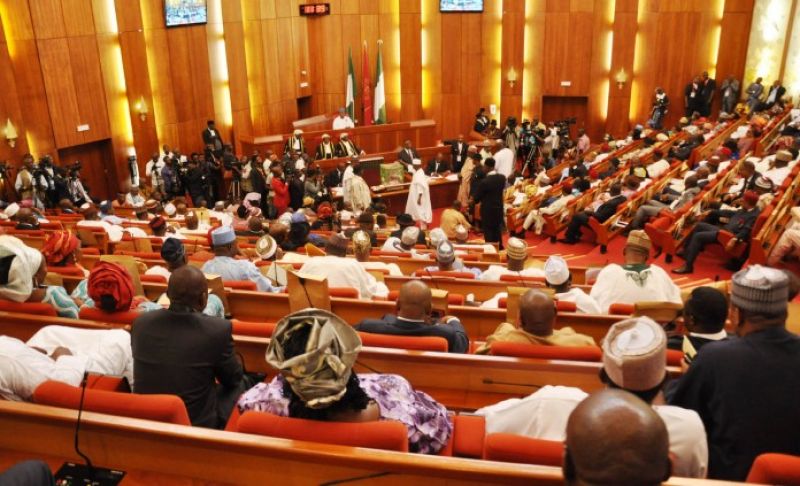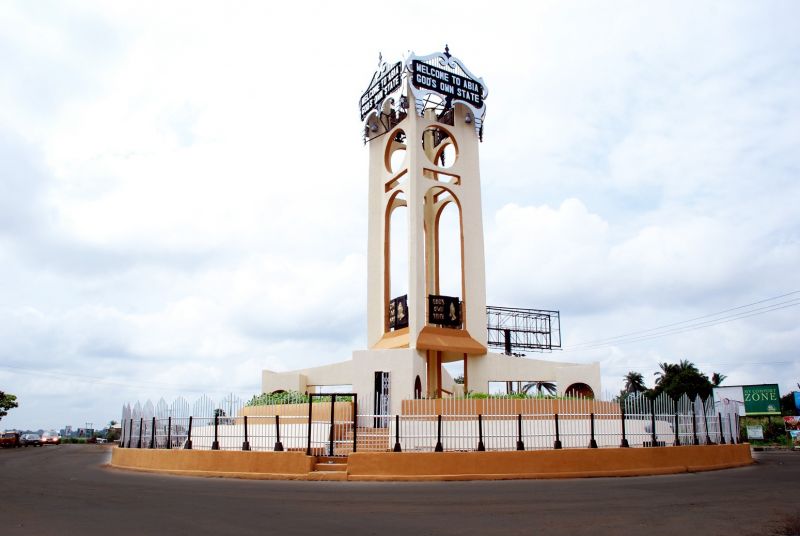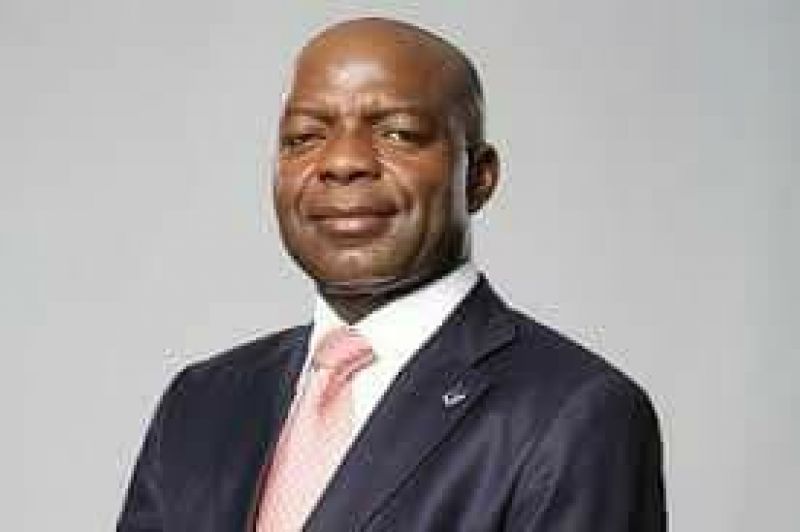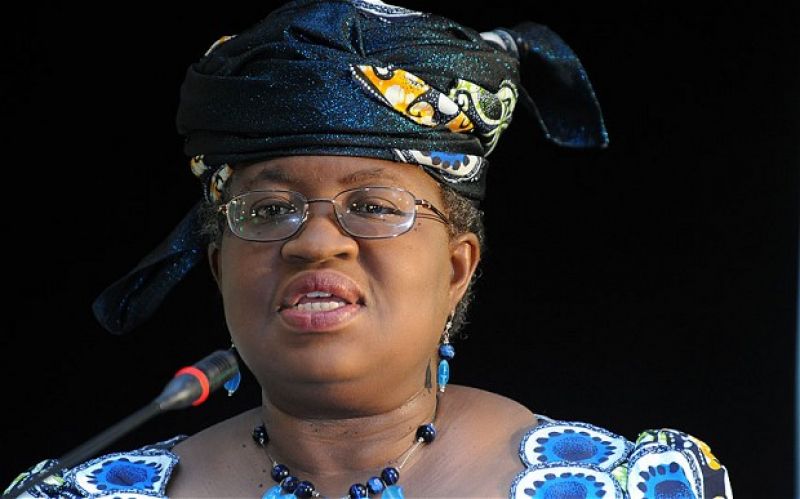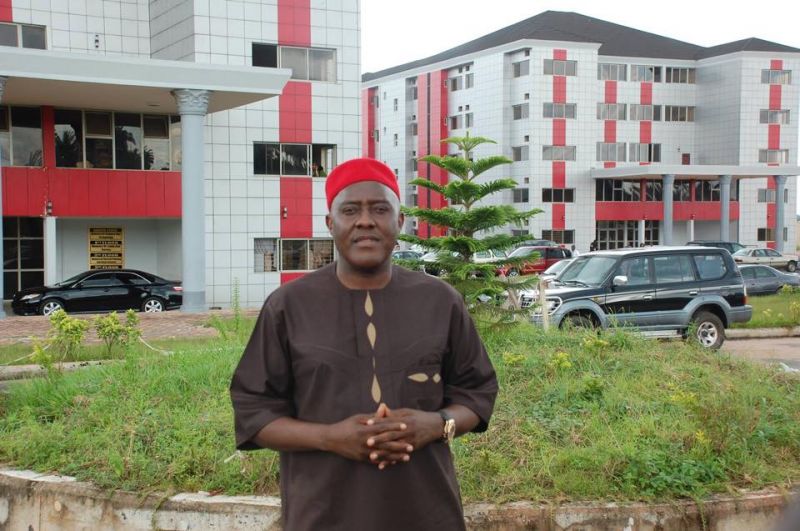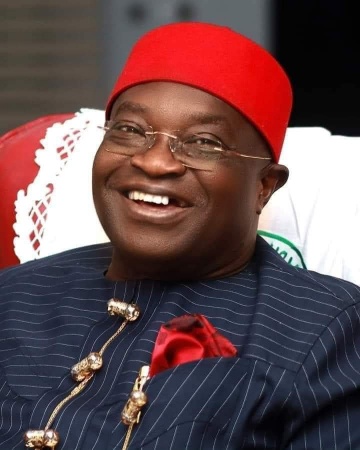Females in Nigeria don't actively participate in politics because of stigmatisation - Dogara
Posted by Factnews | 7 years ago | 1,970 times

Speaker of the House of Representatives, Hon Yakubu Dogara, has said that stigmatization of female politicians is one of the major factors responsible for poor participation of women in politics in Nigeria,
Dogara made this known while speaking at the 6th national women in Parliament summit in Abuja on Thursday. He argued that active involvement of women in politics would lead to rapid social, economic progress of Nigeria.
“The Problems and challenges facing women participation in politics in Nigeria in spite of modest strides are deep rooted. They include the patriarchal nature of our traditional society; stigmatization of women politicians by a largely ignorant society; political thuggery, violence; financial capacity; religious and cultural stereotyping and bottlenecks; educational disadvantage; meeting schedules of political activities are in most cases not convenient for women to attend especially married women etc,” he said.
He revealed that the House of Representatives passed the 35 percent affirmative action clause in the constitution amendment bill but the same clause failed in the Senate.
Speaking further, the Speaker noted that women have played important roles at various stages of Nigeria’s political development, from pre-colonial period up to independence in 1960 and the second republic and expressed regret that women politicians have not faired well in the Nigeria since 1999.
“The exploits of women such as Queen Bakwa Turuku and her daughter Queen Amina in the ancient city of Zaria is legendary. In Southern Nigeria, Obas ruled in Yorubaland with female Chiefs and produced such prominent women as Moremi of Ife, Emotan of Benin, Omu Okwei of Ossomari,” he said.
The Speaker called on President Muhammadu Buhari to use his Executive powers to help push for more women inclusion in governance because ” it is easier to achieve this affirmative action through executive action. This would require the buy in of political parties and elected officials particularly the President with a singular determination to achieving this. In Nigeria, the political parties have made efforts to remove the requirement of financial contributions or fees for clearance of women to contest various elective offices. What then stops the political parties from affirmative action for women for appointive offices when they win power? We must be prepared to rid ourselves of this pretensions.”
Readers Comments
comment(s)
No comments yet. Be the first to post comment.

